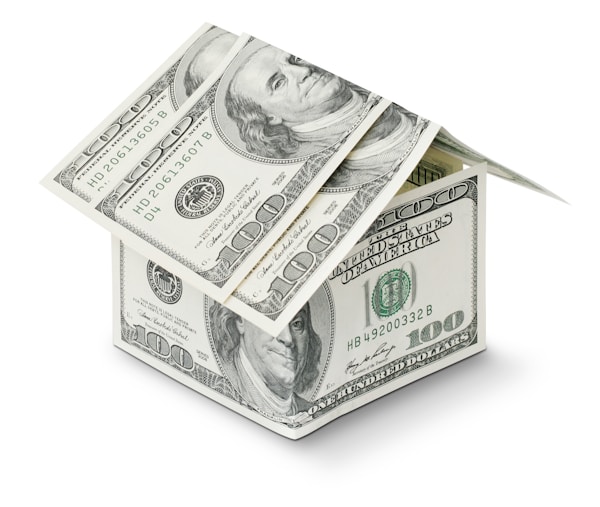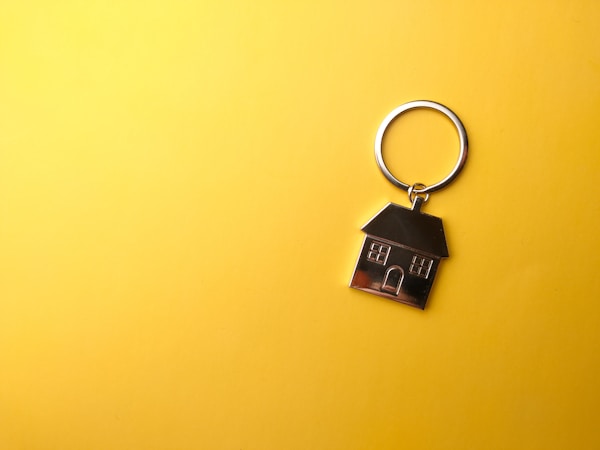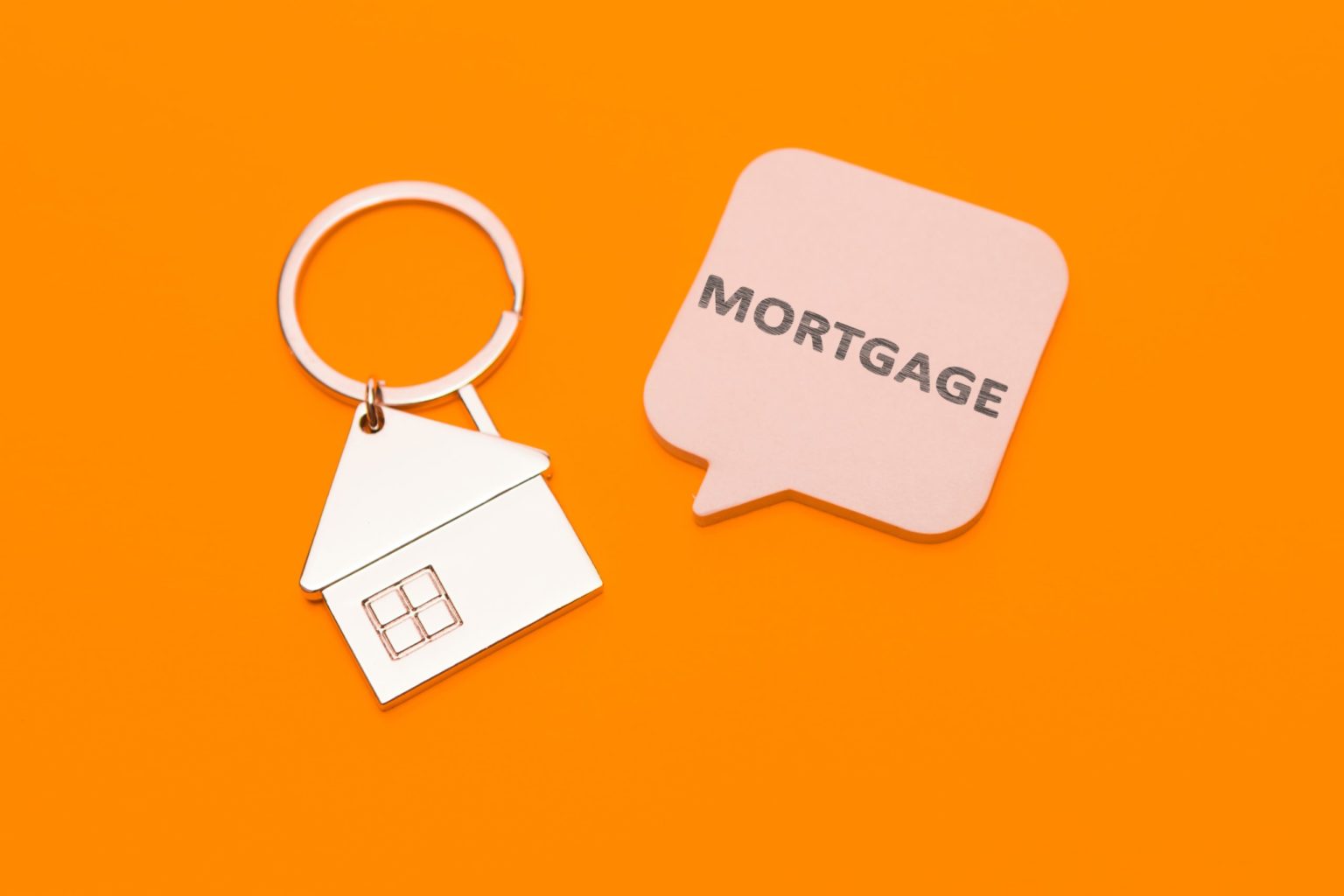There are many factors that affect the demand for housing, including job security, consumer confidence, and of course, mortgage rates. When mortgage rates go up, the demand for housing usually goes down. Keep reading to learn more about the impact of current mortgage rates on the housing market.
How are mortgage rates affecting the housing market?

The impacts of present mortgage rates on the housing market are significant. Low mortgage rates have helped to fuel the housing market recovery, as more people are able to afford to buy a home. In addition, low mortgage rates have helped to increase the amount of buying power for those who already own a home. This has led to increased home values and a decrease in the number of homes that are being foreclosed on.
However, there are some potentially negative impacts of low mortgage rates. One is that the increased demand for housing may lead to another housing bubble. In addition, low mortgage rates may be encouraging people to buy homes who may not be able to afford them, which could lead to a decrease in the value of homes in the future.
What can people do to take advantage of these low rates?

Many people are wondering what they can do to take advantage of the historically low mortgage rates. The impact of these low-interest rates on the market is significant, as potential homebuyers can save money on their monthly payments and this could lead to an increase in sales. In addition, refinancing activity has also increased as borrowers seek to lock in these historically low rates.
Borrowers should carefully evaluate their options before deciding whether or not to refinance their mortgage. There are many factors that need to be considered, such as the amount of money that will be saved each month, the length of time it will take to break even on the costs associated with refinancing, and how long you plan on staying in your home.
It is important to remember that these mortgage rates may not last forever, so borrowers should act quickly if they are interested in taking advantage of these low rates.
What happens if interest rates go up before I’ve locked in my rate?

If interest rates go up before someone locks in their mortgage rate, they may end up paying more for their loan over the life of the loan. The impact of a higher interest rate on an existing mortgage can be significant, especially if that mortgage is large relative to the borrower’s income. In some cases, it can even push borrowers into foreclosure.
The reason why a higher interest rate would have such a big impact on an existing mortgage is that the monthly payment for that mortgage is largely based on the interest rate. When rates go up, so does the monthly payment, and that can be difficult for some borrowers to afford. If they’re unable to keep up with their payments, they may end up defaulting on their loan, which could lead to foreclosure. So, it’s crucial to lock in the rate you’re comfortable with before they potentially go up again.
The impact of low-interest rates on the housing market.
Overall, the current mortgage rates have had a significant impact on the market. Low-interest rates make housing more affordable for buyers, which increases demand and drives prices up. Furthermore, these rates have caused many homeowners to consider refinancing their homes to take advantage of the lower rates. However, home buyers and homeowners should be aware of the potential risks and benefits of these scenarios. It’s critical to lock in an interest rate you’re comfortable with before proceeding with a mortgage or refinance. Keep in mind that locking in rates also means that if interest rates continue to decrease, your locked-in rate will remain the same.









